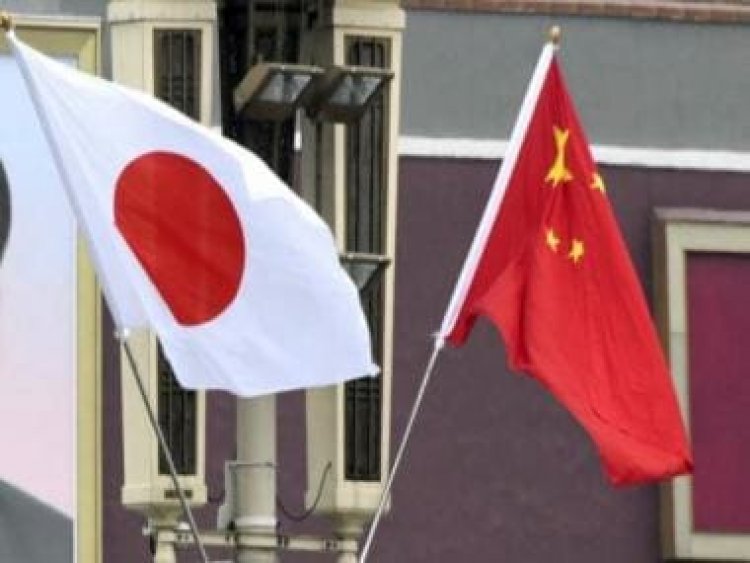China, Japan talks in Bangkok today: Sticking points between the two powerhouse neighbours
China, Japan talks in Bangkok today: Sticking points between the two powerhouse neighbours

New Delhi: After three years of rough patch, Japanese Prime Minister Fumio Kishida will hold talks with Chinese President Xi Jinping on Thursday ahead of the Asia-Pacific Economic Cooperation meeting in Bangkok.
Both the leaders have agreed to enter the dialogue with one motive of building a ‘constructive and stable relationship’.
While it’s the 50th anniversary of the 1972 normalisation of Japan-China ties, the two countries have been have at loggerheads on many issues in the past.
As two leaders are set to meet today, we take a look at key sticking points between the two powerhouse neighbours:
Senkaku island dispute
The Senkaku Islands, eight uninhabited islands known as Senkaku Islands in Japan, Diaoyu Islands in China, and Tiaoyutai Islands in Taiwan and part of East China sea, are controlled by Tokyo but Beijing claims to be its own territory.
Japan has claimed the islands since the Sino-Japanese War ended in 1895, but China and Taiwan claim them as well, making them a perpetual geopolitical flashpoint.
There are economic as well as territorial interests involved as the islands are close to strategically important shipping lanes, offer rich fishing grounds and are thought to contain oil deposits.
Japan accuses China of suddenly making its territorial claims after the undersea resources were found in a 1969 United Nations report.
The 1972 normalisation communique did not deal with the issue, but the dispute intensified after Japan’s government in 2012 nationalised the Senkaku islands, leading to violent protests across China. Chinese coast guard and fishing boats are regularly found in the area, routinely violating Japanese waters.
China’s military drills in Taiwan Strait
China’s aggression towards Taiwan is another bone of contention between the two countries.
Japan was one the first countries to condemn the China’s military drills in the Taiwan Strait, with Prime Minister Fumio Kishida terming it a “grave problem” and a threat to regional peace and security, after five ballistic missiles landed in Japan’s exclusive economic zone (EEZ).
While Tokyo is keen not to antagonise Beijing, its role in hosting tens of thousands of US troops –most of them based on the southern island of Okinawa – could see Japan playing a key role in any crisis in the Taiwan Strait.
Yasukuni shrine
China consider Tokyo’s Yasukuni Shrine — which honors 2.5 million war dead, including convicted war criminals — as a symbol of Japan’s wartime militarism.
Beijing views visits by Japanese ministers and lawmakers to the Tokyo shrine as indicative of a lack of remorse over Japan’s wartime aggression. China, along with South Korea, which Japan colonised from 1910-1945, routinely protests against such visits.
Economic security
Japan is in a delicate situation as it is a top US ally and at the same time a major trade partner with China. So, balancing its position between the two superpowers should be its prime objective.
China has been more assertive about pressing other governments to embrace Chinese-led initiatives, including a trade group called the Regional Comprehensive Economic Partnership.
However, Japan, along with the US, is seeking ways to stand up to increasing Chinese economic influence in the region.
Tokyo also wants to reinforce economic security with other democracies in areas such as supply chains and the protection of sensitive technologies, apparently as a counter to China.
With inputs from agencies
Read all the Latest News, Trending News, Cricket News, Bollywood News,
India News and Entertainment News here. Follow us on Facebook, Twitter and Instagram.
What's Your Reaction?



























































